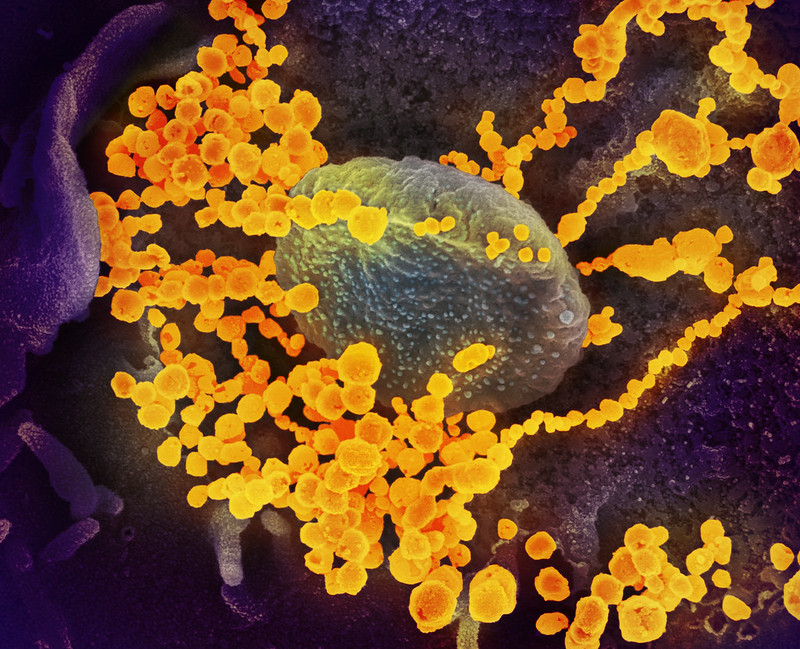
With over 2,000 cases of the Omicron variant of coronavirus detected in Thailand to date according to the Ministry of Public Health, the country is entering a widespread wave of COVID-19 infections in the next two years, following the long New Year holidays, which will see daily infections spiking into the tens of thousands of cases in the near future, predicted Dr. Manoon Leechawengwongs, a doctor specializing in respiratory and pulmonary diseases at Vichaiyut hospital.
In his Facebook post today, he said, however, that there is no cause for alarm.
He noted that, despite its rapid and easy transmissibility, the Omicron variant has mutated and evolved to the extent that it is causing mild flu-like symptoms, instead of aggressively attacking the upper and lower sections of the respiratory, just like the numerous other coronavirus strains with which the world has been familiar for the past 50 years, such as human coronavirus-229E, NL63, OC43 and HKU1.
These four old coronavirus strains, said Dr. Manoon, cause ordinary flu among children, who can recover, while adults are immune because they have natural immunity after being infected when they were young. He added, however, that there are currently no vaccines to prevent the spread of these strains.
In this new wave of Omicron infections, he said that people who have been inoculated or infected with other variants will contract the rapidly spreading variant sooner or later, but they will have developed herd immunity, instead of falling sick and, in the end, the COVID-19 pandemic will come to an end.
Dr. Manoon also said that there is no need for third or fourth booster shots "because every one of us will have been infected by the Omicron variant, as if we had been injected with live attenuated vaccine, which can better enhance immunity than the vaccines already available. The ability of manufacturers to produce COVID-19 vaccines will not be as promising as it has been to date", he added.
Meanwhile, Director-General of Medical Sciences Department Dr. Supakit Sirilak said that the department is keeping track of people infected by the Omicron variant for at least 14 days and will test their blood to find out whether the anti-bodies generated by the variant will have the neutralising effect against the Delta variant, as reported in some cases in South Africa.
The South African study shows that people, both vaccinated and unvaccinated, who were infected by the Omicron variant, have developed immunity which is capable of neutralising the Delta variant as well.
"If this is proven to be true, infection by the Omicron variant can help fight off Delta variant infection," said Dr. Supakit.
According to the Medical Sciences Department, the Omicron variant has already spread through 54 provinces in Thailand, infecting 2,062 people. He disclosed that the Omicron variant has already mutated into two sub-variants, B.1.640.1 and B.1.640.2.